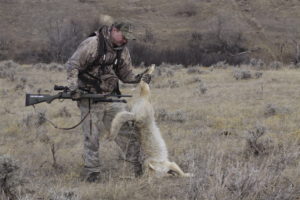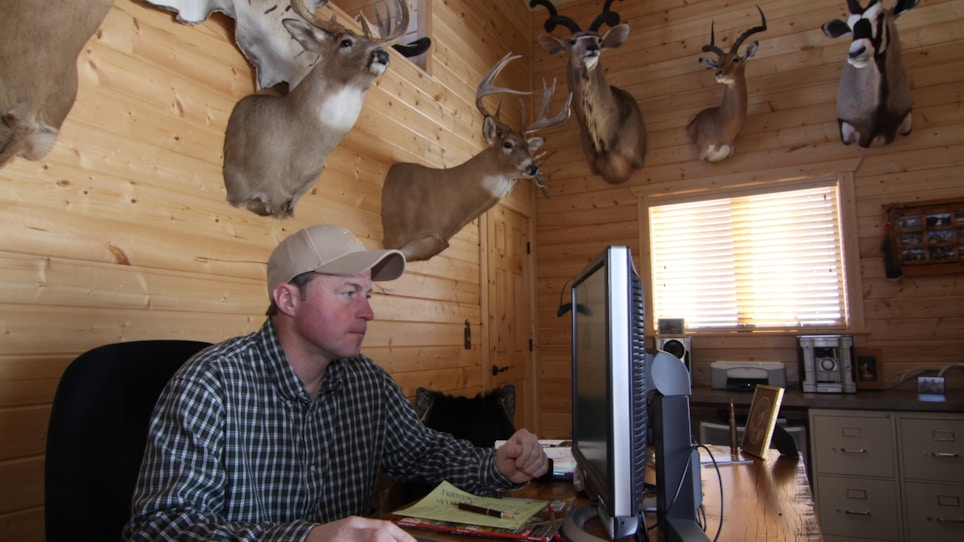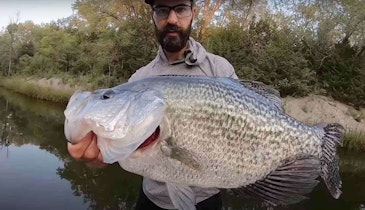Have you ever tried to look up university research and studies on the behavior and lifestyle of coyotes? As a freelance writer I try to include pertinent data whenever possible. Typically I mix personal insight by experts together with research when possible.
Research offers a measured examination, but for hunters a veteran’s experience may actually hold more usefulness. Studies often are conducted in non-hunting environments, refuges or in research pens. A coyote hunter with 50 years under his or her belt is gathering data in real time. That’s the world you and I hunt.
That debate aside, it’s been difficult, if not impossible, to always find studies on coyotes. Until recently, few really cared about the coyote. Unlike the popular and money-making whitetail deer, coyotes were not managed. They were eradicated. Coyote management still doesn’t receive funding in state budgets, but the impact coyotes are having on big game species, like whitetail deer, has started a trickle of money toward coyote research.
Why?

Boots on the ground and woodsmanship may be helped by research studies, but most hunters will argue that there's no better teacher than the woods and live coyotes. (Photo: Mark Kayser)
It’s in the numbers. According to the 2016 U.S. Fish and Wildlife Service National Survey of Fishing, Hunting and Wildlife-Associated Recreation, there were 9.2 million big game hunters. Most of those hunt whitetails. That compares to only 1.3 million hunters who hunt “other” stuff that includes coyotes. The cash cow of whitetail hunting attracts more research.
Granted, when talking about coyote research it is a given that much of the research funding goes toward the predation impact coyotes are having on big game like whitetails. Nevertheless, some of that research does have implications for hunting. Here are several research studies and overviews that you may want to curl up with on a cold winter night. If nothing else, they give you a wider awareness of your quarry. As a disclaimer, please don’t comment back that some of these may have an anti-hunting agenda. Don’t donate; just glean helpful tips for your hunting success.
For those of you hunting in and around suburbia you really need to check out the coyote research undertaken in the Chicago metropolitan area of Cook County. Referred to as the Urban Coyote Research Project, the objective is to help people understand coyotes so they can coexist in a city environment. That’s a worthy goal, but I’ve delved into this study on numerous occasions for hunting help. You’ll see where coyotes roam, their work hours, their city diet and domicile preferences, all with the help of collared, city-faring coyotes.
A recent find of mine from research conducted a few years back focuses on the communication system between coyotes. This study, by Brian R. Mitchell at the Dye Creek Preserve in California, boosts confidence that you can call coyotes with the correct vocalizations. It also notes that through spectrogram deciphering barks and howls do have different messages. Plus, Mitchell also presumes coyotes can distinguish from these vocalizations individual animals in the area.
Studies from the U.S. Forest Service Southern Research Station at the Savannah River Site in South Carolina demonstrate just how impactful coyotes can be in new environments. Hint, hint for those of you east of the Mississippi River experiencing increasing coyote densities.
Research indicates approximately 70 percent total fawn mortality at this site. Coyotes were responsible for approximately 80 percent of these mortalities. That premise is increasing east of the Mississippi River in other locations as well. Of course declining mule deer numbers in the West have already had coyotes added to the list as a villain contender.
These are just a handful of insightful research studies on coyotes that may be of interest to you. Of interest to me is the fact that every year more and more information becomes available from coyote research. Most have implications to make you and me better hunters. If you have links to other quality coyote research please share them in the comments section.
WATCH: Learn how patience can help you kill more coyotes






